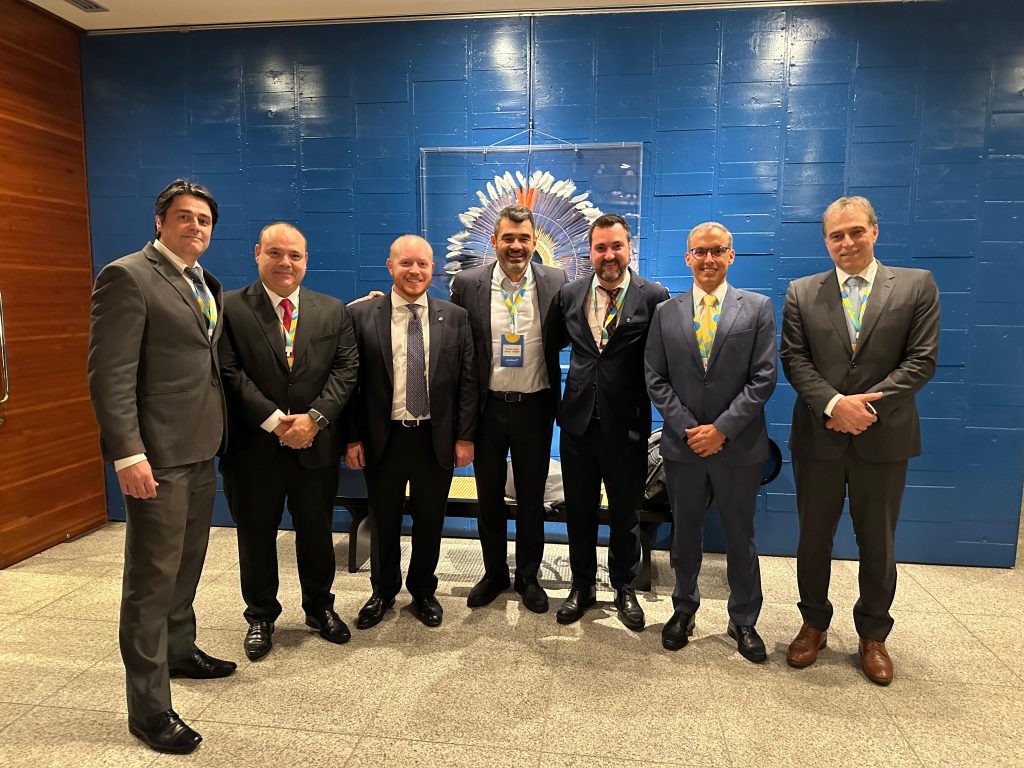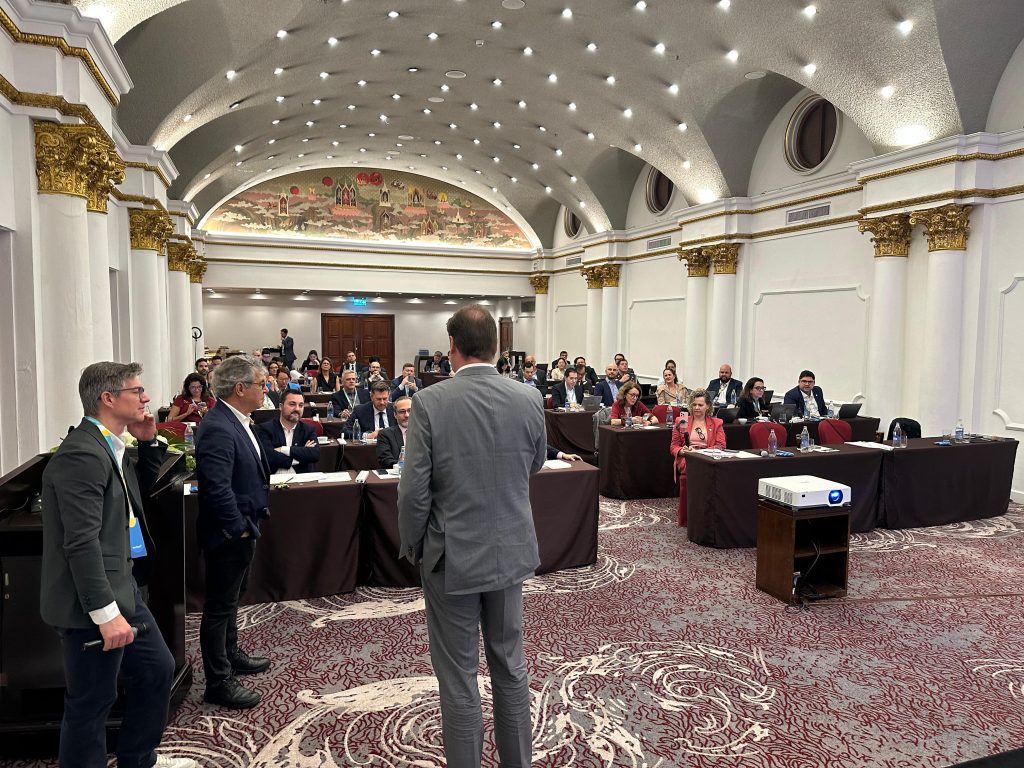The last few days have seen intensified integration between the Brazilian Cotton Growers Association (Abrapa) and the Brazilian federal government. Representatives of the grower’s association took part in two planning meetings held by the Brazilian Ministry of Foreign Affairs in partnership with the Brazilian Trade and Investment Promotion Agency (ApexBrasil), in Bangkok (Thailand) and Tokyo (Japan).
The planning meetings were aimed at intensifying the integration of staff in Brazil and Asia from both ApexBrasil and the Foreign Ministry, with local ambassadors and diplomats – in addition to the Ministry of Agriculture and Livestock (Mapa), which has staff from the Secretariat of International Relations and agricultural attachés working in Asian countries.
In Bangkok, the capital of Thailand, the meeting took place at the end of October. The Abrapa team, coordinated by the president, Alexandre Schenkel, presented Cotton Brazil as a successful partnership experience with ApexBrasil, with a positive outcome for both cotton growers and the country’s international image.

Cotton Brazil is a program to promote Brazilian cotton on a global scale. It was conceived by Abrapa and is carried out in partnership with ApexBrasil, with support from the National Cotton Shippers Association (Anea).
“We are very pleased to see the attention Cotton Brazil received. The results obtained, in particular the achievement of becoming the largest cotton exporter in the world, have brought greater recognition of our entire production chain as a reference point for what Brazil can achieve in other sectors as well, and this makes us very proud”, explained Mr. Schenkel.
The future of the global cotton market and, in particular, in Southeast Asia, was one of the most frequently discussed topics. Mr. Schenkel explained that this positioning involves reinforcing the cotton production chain’s growing commitment to responsible practices.
“Our raw material is the most sustainable, enabling us to have a future with reduced environmental impact. To achieve this, we need to ensure our competitiveness with synthetic fibres,” he pointed out.
*JAPAN*
Although Japan does not currently have a high demand for cotton, and represents a small volume of Brazilian cotton exports, trade relations between the two countries will tend to intensify from now on. The second stage of the Foreign Ministry planning meetings took place in Tokyo, and Abrapa took this opportunity to open new fronts and establish new relationships with the Japanese industrial sector.
Abrapa’s Director of International Relations, Marcelo Duarte, highlighted the role of the Japanese industry sector as a vanguard.
“Although many Japanese spinning mills have migrated to other countries, Japan is very important in the production chain, from spinning mills to the retail stage, with the third largest retail group in the world being Japanese,” explained Mr. Duarte.
The Japanese industry’s concern with socio-environmental certification also brings it closer to Brazilian cotton. “Our Responsible Brazilian Cotton (ABR) program has had a high take-up because it provides full traceability of the product from farm to shelf, and this is exactly what Japanese brands are looking for,” added Abrapa’s director.
*COTTON*
The Asian market has a 98.24% share of Brazilian the cotton exports recorded in the 2023/24 market year – during which Brazil shipped 2.68 million tonnes of cotton. Currently, Brazil is the largest exporter of cotton in the world.

